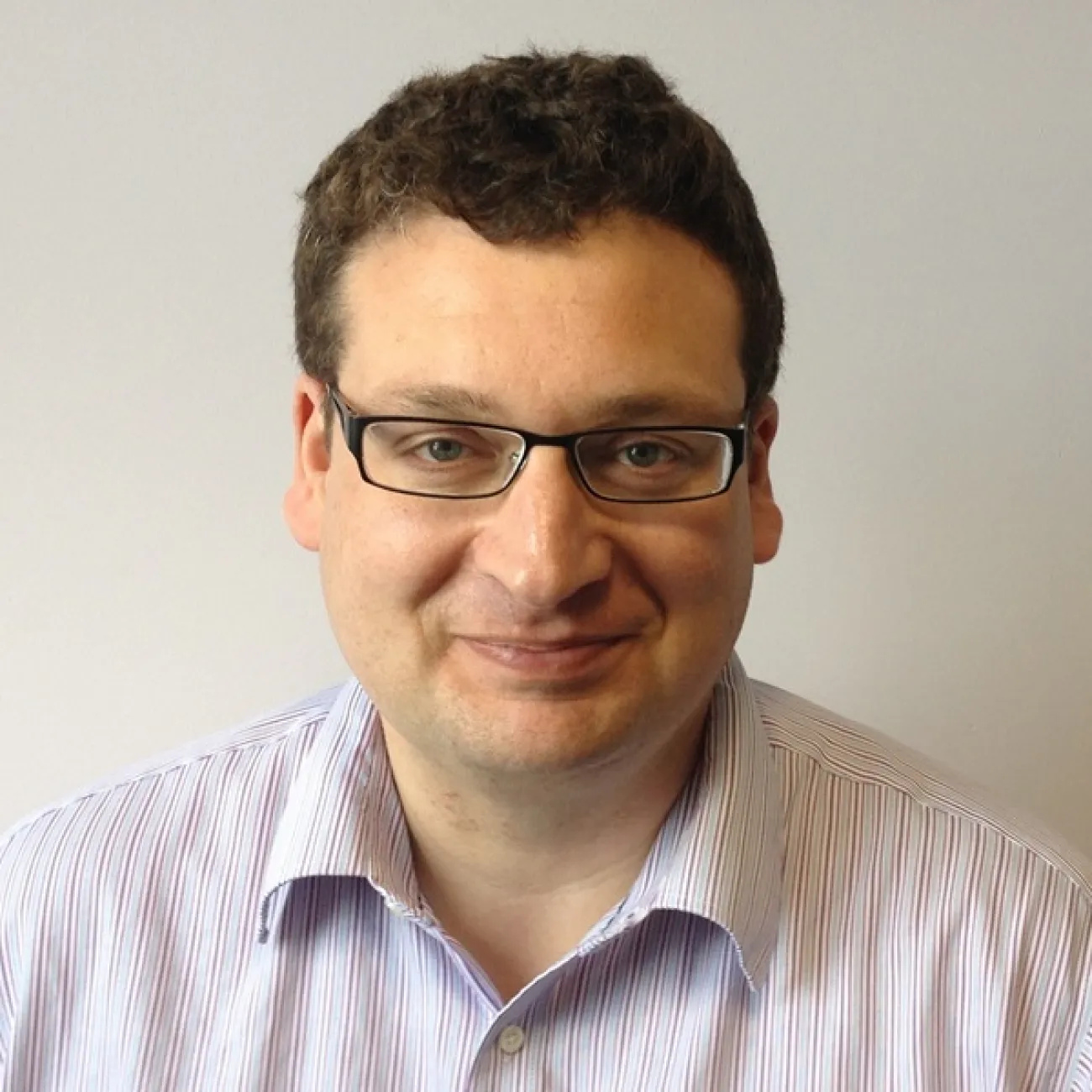About
Professor Lewis’s research centers on the placenta and its vital role in ensuring healthy fetal development. The placenta, a fetal organ, nourishes the fetus in the womb and removes toxins and waste products from its blood. When the placenta functions effectively, the baby is not only born healthy but also has a better chance of long-term health throughout life.
Professor Lewis adopts an interdisciplinary approach, combining functional studies with advanced multiscale 3D imaging and mathematical modeling to develop a comprehensive understanding of placental function. This integrated perspective aims to uncover key insights into how the placenta supports fetal health and addresses complications that may arise during pregnancy.
Research
Research groups
Current research
Placental Evolution and Health
Placental structures vary significantly across species, but the reasons behind this diversity remain unknown. By identifying the evolutionary drivers that shaped the human placenta, we hope to gain critical insights into pregnancy disorders. This research integrates multiscale, multimodal imaging with mathematical modeling to examine structure-function relationships across species. In collaboration with the Rosalind Franklin Institute, we are using machine learning to analyze placental and endometrial imaging data, enhancing segmentation and 3D visualization techniques.
Placental Ultrastructure and Function
The placenta plays a crucial role in providing nutrients to the fetus while shielding it from harmful substances. Contrary to the notion of a complete physical barrier, our research reveals the placenta contains millions of nanopores that may permit diffusion of substances, including potentially harmful ones. We are investigating how these nanopores and membrane transporters work together to maintain the placental barrier and protect fetal health.
Endometrial Function and Fertility
Endometrial factors are key contributors to subfertility, yet they remain poorly understood. Our research combines advanced 3D imaging with transcriptomics to study the healthy endometrium and identify factors linked to infertility and recurrent miscarriage.
Research projects
Active projects
Completed projects
Publications
Pagination
Teaching
I teach physiology to medical students across the BM4 (Graduate Entry), BM5, and BM6 courses, with a primary focus on the BM4 program. My teaching highlights the importance of physiology as the foundation of medicine, helping students develop a deep understanding of how the body functions in health and disease.
In addition to core physiology teaching, I contribute to placental biology modules, including BIOL 3044 and the MRes in Evolution. These sessions integrate the latest research with interactive learning, offering students valuable insights into this critical area of biology.
I have previously served as both Semester Lead and Assessment Lead for the BM4 program, roles that allowed me to refine curriculum design and evaluation. I have a particular interest in medical assessment and am committed to developing assessments that accurately measure students’ knowledge and competencies.
External roles and responsibilities
Biography
Rohan Lewis is a Professor of Placental and Integrative Physiology in the Faculty of Medicine at the University of Southampton. He leads the Placental Research Laboratory, where his team investigates how the placenta supports the growth of a healthy fetus and how placental dysfunction can affect health throughout life.
The Placental Research Group adopts an integrative and interdisciplinary approach to understanding placental function. Their research combines laboratory studies of transport and metabolism with advanced 3D imaging and computational modeling. Collaborations with experts in Engineering, Mathematics, and Physics allow the team to explore the mechanisms underlying specific placental functions and how these mechanisms interact to create a functioning placenta capable of supporting a healthy pregnancy.
The group is also involved in large-scale population studies, including the Southampton Women’s Survey and the MAVIDOS study. These projects aim to uncover how environmental factors influence placental development and how placental function impacts health after birth, contributing to a better understanding of long-term health trajectories.
Prizes
- Fellow of The Physiological Society (2017)
- Fellow of The Physiological Society (2017)
